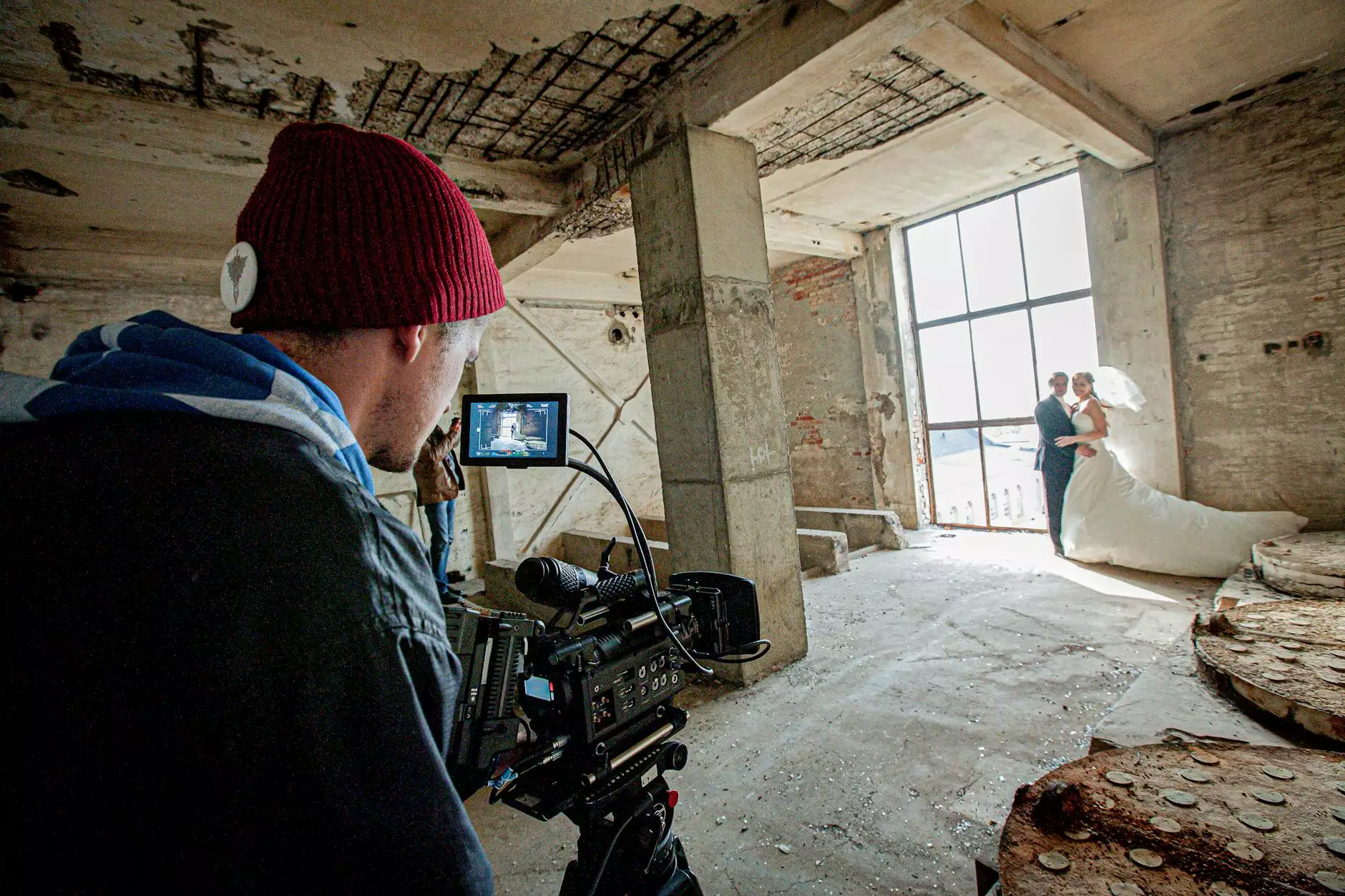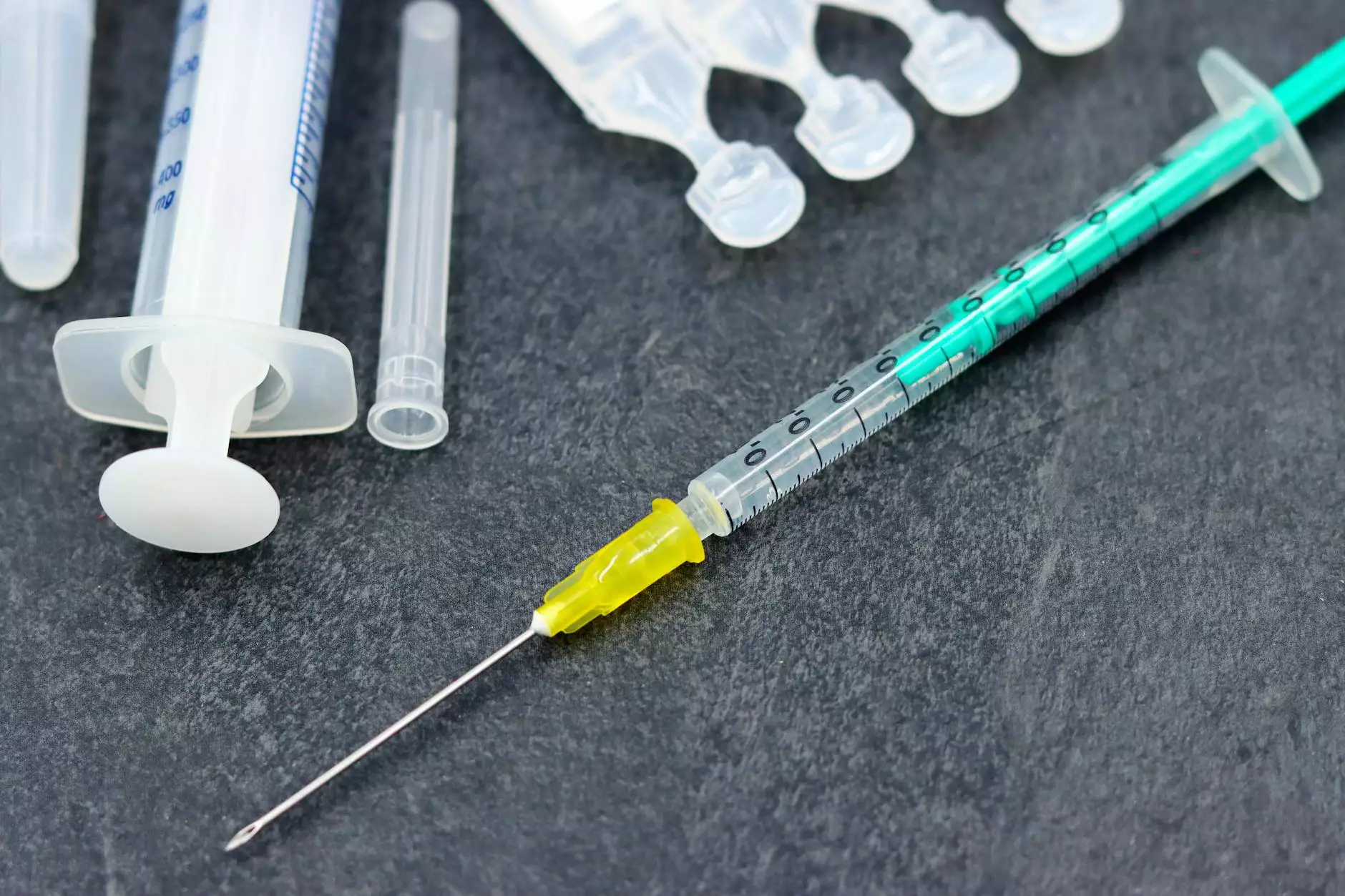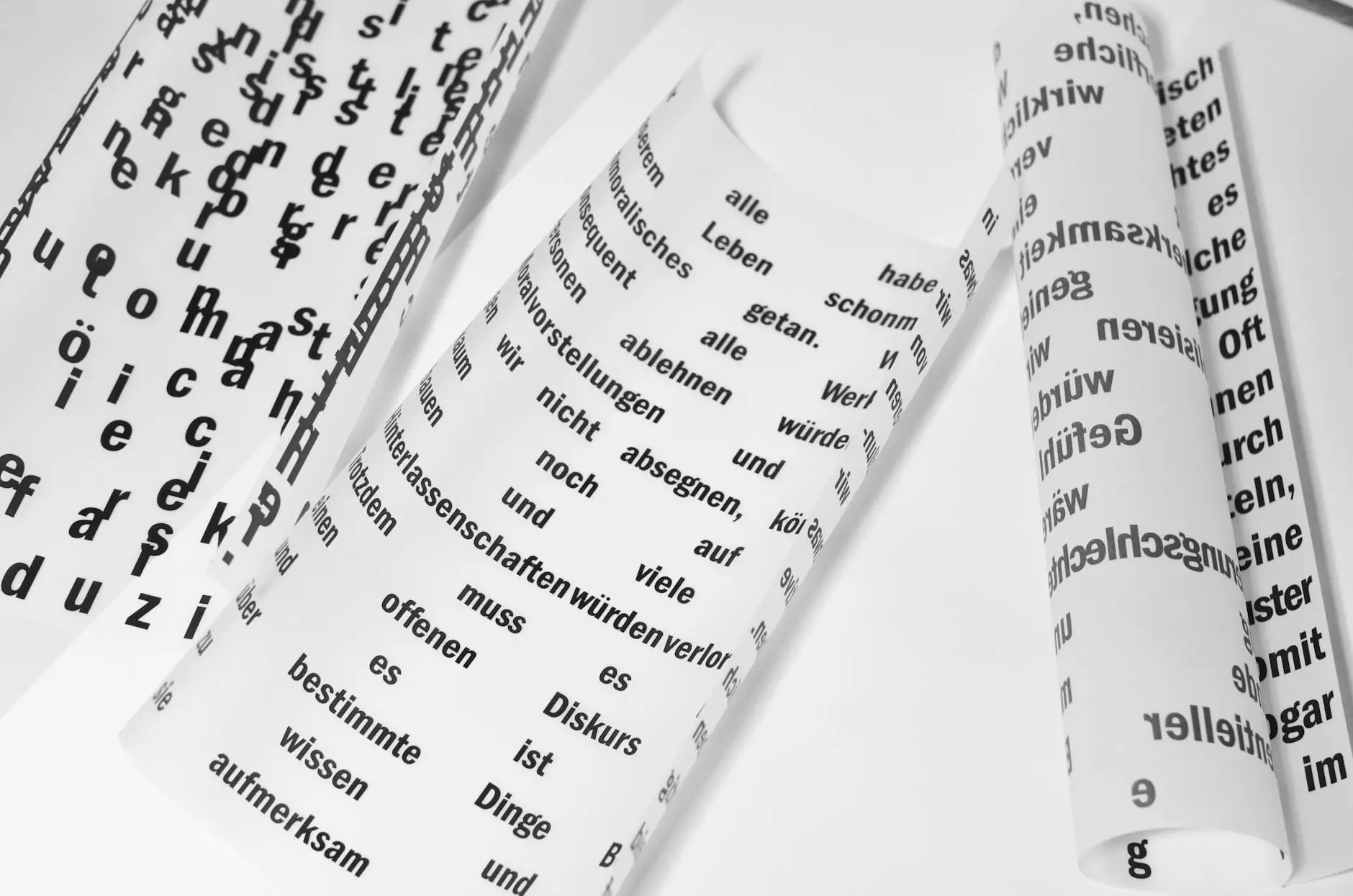Understanding the Cost of a Dental Crown: A Comprehensive Guide

The cost of a dental crown can often be a concern for many individuals seeking to restore their smiles and maintain oral health. In this article, we will explore the various factors influencing the cost of a dental crown, what types of crowns are available, and how to prepare for your dental visit.
What is a Dental Crown?
A dental crown, often referred to as a cap, is a type of dental restoration that completely encases a tooth or dental implant. Crowns are commonly used to:
- Restore a tooth's shape or size
- Improve its appearance
- Protect a weak tooth from fracture
- Support a tooth with a large filling
- Hold a dental bridge in place
- Cover a discolored or poorly shaped tooth
Types of Dental Crowns
Understanding the different types of dental crowns can help you make informed decisions about your dental care and associated costs. The main types of dental crowns include:
1. Metal Crowns
Metal crowns are made from alloys—combinations of different metals such as gold, platinum, or base metals. They are highly durable and often require less tooth removal than other crowns. However, they may not be aesthetically pleasing due to their metallic appearance.
2. Porcelain-Fused-to-Metal Crowns
These crowns offer a balance between strength and aesthetics. They have a metal structure for durability and a porcelain exterior that mimics the natural color of teeth. This makes them a popular choice for visible teeth.
3. All-Ceramic or All-Porcelain Crowns
Known for their natural appearance, all-ceramic crowns are an ideal choice for front teeth. They provide excellent aesthetics but may not be as durable as their metal counterparts.
4. Resin Crowns
Resin crowns are more affordable but are not as durable. They are typically used as temporary solutions while awaiting permanent crowns.
Factors Influencing the Cost of a Dental Crown
When considering the cost of a dental crown, various factors come into play:
1. Material Type
The type of material used for the crown significantly affects the cost. Generally, metal crowns are less expensive compared to porcelain crowns, while all-ceramic crowns are usually the most expensive.
2. Complexity of the Case
If additional procedures are required (like a root canal), the cost will increase. The complexity of the tooth condition also plays a role in the total expense.
3. Geographic Location
The average costs vary by region. Urban areas typically have higher dental care costs than rural regions. Always consider your location when researching prices.
4. Dentist’s Expertise
Veteran dentists with extensive experience may charge higher fees compared to novice practitioners. However, the investment in expertise often yields better outcomes.
5. Insurance Coverage
Dental insurance coverage can drastically reduce out-of-pocket expenses. It's essential to verify with your insurer what is covered regarding crowns.
Average Cost of a Dental Crown
The average cost of a dental crown can vary based on the factors outlined above. Generally, patients can expect to pay:
- Metal Crowns: $800 - $1,500
- Porcelain-Fused-to-Metal Crowns: $900 - $1,500
- All-Ceramic Crowns: $1,000 - $2,500
- Resin Crowns: $300 - $1,000 (temporary)
The Process of Getting a Dental Crown
Understanding the procedure can help alleviate anxiety about the treatment. The typical process involves:
1. Initial Consultation
During your first appointment, the dentist will evaluate your teeth and discuss your options. X-rays may be taken to assess the condition of the tooth.
2. Tooth Preparation
The affected tooth is prepared by removing a portion of its outer structure. This ensures that the crown fits properly.
3. Impressions
Once the tooth is prepared, an impression is made to create a crown that fits perfectly. This impression will be sent to a dental lab for fabrication.
4. Temporary Crown Placement
A temporary crown may be placed over the tooth while the permanent crown is being made. This protects the tooth and allows you to function normally.
5. Final Crown Placement
Once the permanent crown is ready, you’ll come back for another appointment. The dentist will remove the temporary crown and place the new one, making adjustments for a proper fit.
Maintaining Your Dental Crown
Proper care of dental crowns can extend their lifespan significantly. Here are some tips for maintenance:
- Practice good oral hygiene: Brush and floss regularly.
- Avoid hard foods: They can crack or loosen crowns.
- Regular dental check-ups: Schedule visits with your dentist for professional cleanings and exams.
- Wear a mouthguard if you grind your teeth: This helps protect crowns from excessive pressure.
When to Consider a Dental Crown
You should consider getting a dental crown if you:
- Have a severely damaged tooth due to trauma or decay.
- Need to cover a tooth with a large filling.
- Have undergone root canal treatment.
- Wish to enhance the appearance of a discolored or misshapen tooth.
Conclusion
Understanding the cost of a dental crown and the factors that influence it will empower you to make informed decisions about your dental care. While dental crowns represent a significant investment in your oral health, they can restore functionality and aesthetics, ultimately leading to greater confidence in your smile.
Explore More at Wupdoc.com
If you’re considering a dental crown or seeking further information on dental health and medical services, visit Wupdoc.com for a wealth of resources and guidance tailored to your needs.









